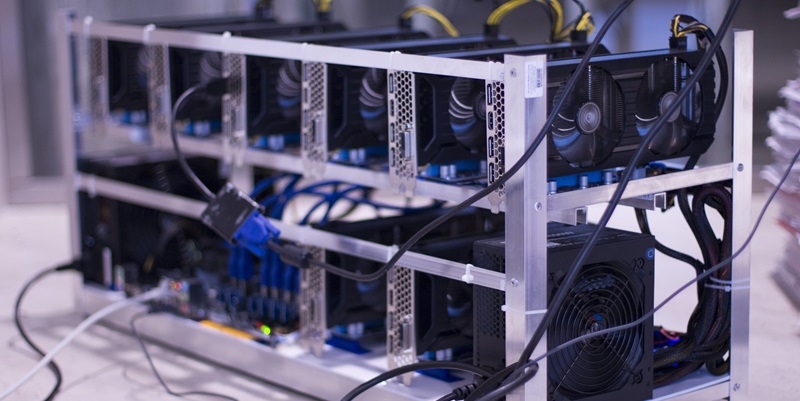Nvidia’s rumored RTX Super graphics card refreshes have been a topic of speculation among gaming enthusiasts. In this article, we delve into the power consumption details and the potential performance improvements expected with these new graphics cards.
Power Consumption of the RTX Super Refresh
The lowest-end refresh, the RTX 4070 Super, is rumored to have slightly higher power consumption, with a projected 220W compared to the vanilla RTX 4070’s 200W. However, the RTX 4070 Ti Super and RTX 4080 Super are expected to maintain the same power draw as their existing counterparts, with 285W and 320W respectively.
One interesting aspect to note is Nvidia’s strategy of potentially pushing clocks harder with the RTX 4070 Super, resulting in higher wattage. This suggests that Nvidia might prioritize clock speed improvements for the RTX 4070 Super while keeping the other Super variants at similar levels.
Core Count Improvements
The Super refreshes are expected to bring significant increases in core counts. The RTX 4070 Super might see a 22% increase in cores compared to the RTX 4070, potentially resulting in improved performance. Similarly, the RTX 4070 Ti Super might receive a solid 10% gain in cores over the existing Ti variant if the rumors hold true.
Disappointment with the RTX 4080 Super
While the core count improvements for the RTX 4070 Super and RTX 4070 Ti Super seem promising, some concerns arise regarding the RTX 4080 Super. The potential lukewarm upgrade from the base RTX 4080, with limited improvements in core count, may disappoint enthusiasts seeking substantial performance gains.
Nvidia’s Strategy and Pricing Speculation
The decision to make the RTX 4080 Super the weakest variant can be perplexing. However, it’s possible that Nvidia is replacing the RTX 4080 entirely, positioning the 4080 Super as the more affordable alternative. If this rumor holds true, the 4080 Super could arrive with an attractive price point, possibly enticing users seeking a balance between performance and affordability.
Concerns about the Top-End Super Refresh
This latest buzz surrounding the top-end Super refresh raises some worries. While the RTX 4070 Super and RTX 4070 Ti Super showcase substantial improvements in cores, the potential underwhelming upgrades with the RTX 4080 Super could disappoint users expecting a significant leap in performance. Nvidia needs to carefully address these concerns to avoid potential dissatisfaction among consumers.
Market Shifts and Future Developments
The success of these refreshed graphics cards will heavily depend on market shifts in the coming months. Nvidia’s approach to marketing, pricing, and performance upgrades could be influenced by how the market evolves. With room to maneuver before an expected launch in early 2024, Nvidia has an opportunity to make adjustments to meet the demands and expectations of gamers.
Nvidia’s rumored RTX Super graphics card refreshes offer potential improvements in power consumption and performance. While the power consumption variations suggest that Nvidia might prioritize clock speed improvements for the RTX 4070 Super, core count boosts in the RTX 4070 Super and RTX 4070 Ti Super are anticipated. However, concerns remain regarding the potential lukewarm improvements in the top-end RTX 4080 Super compared to its base variant. Nvidia’s strategy and pricing approach will be crucial in addressing the reported poor sales of the RTX 4080. As developments unfold and the market landscape shifts, it remains to be seen how Nvidia will position and pitch these refreshed graphics cards to cater to the evolving needs and expectations of the gaming community.

